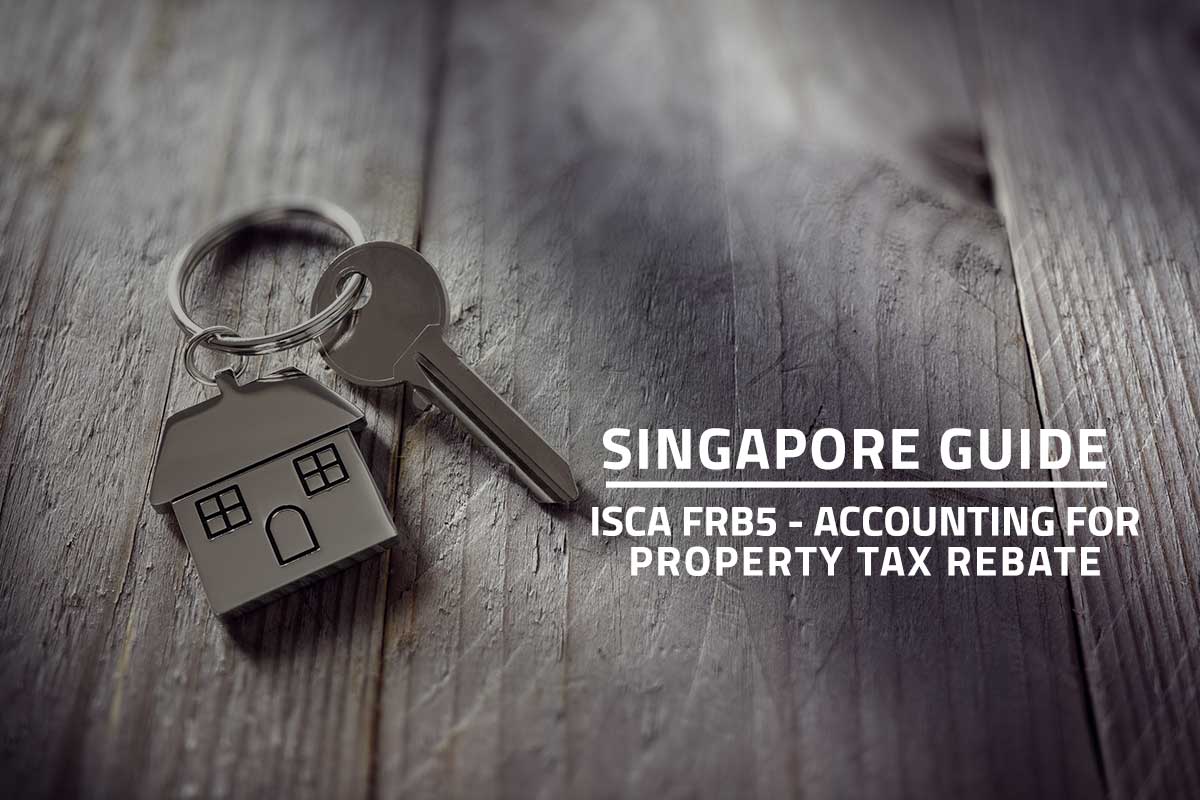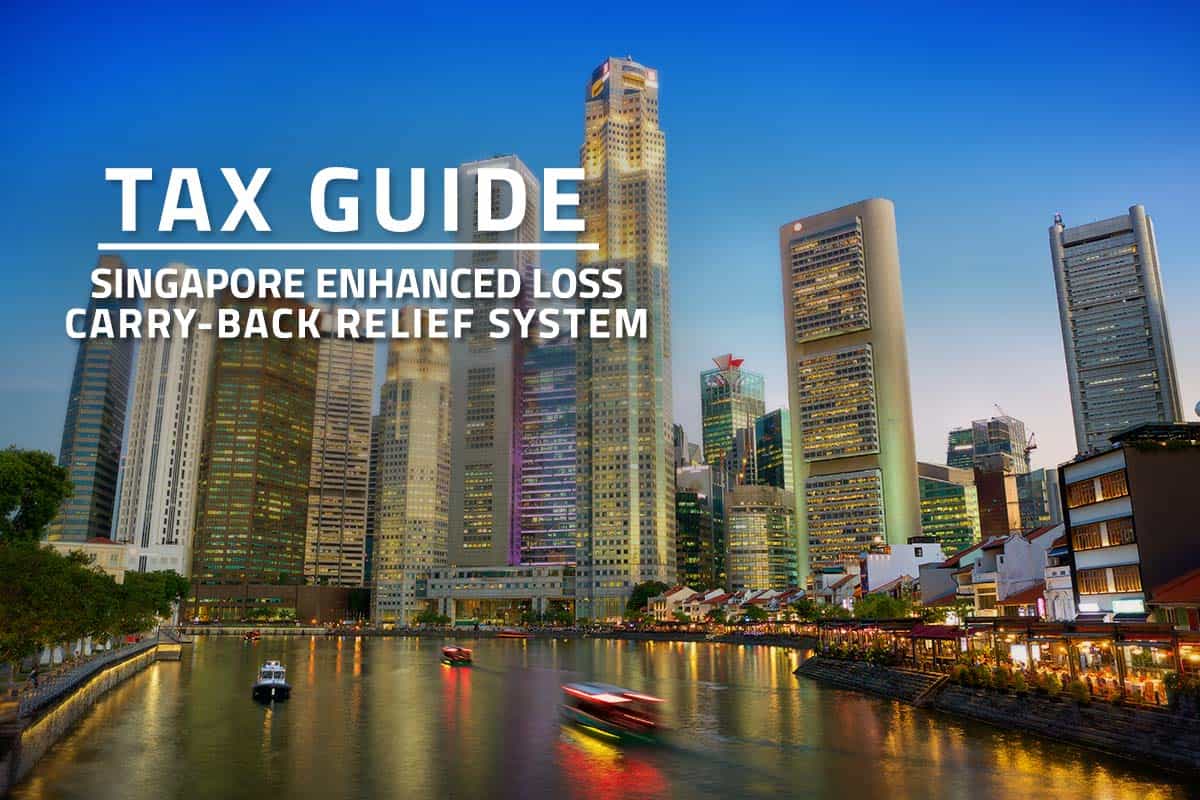
The COVID-19 pandemic has adversely impacted the global economy, hitting Singapore companies and businesses affected by preventive circuit breaker measures implemented in the country.
The Singapore government has since announced various support schemes in the form of income tax rebate and reliefs for FY2020. Among these measures is the property tax rebate extended to commercial property landlords and tenants.
Property Tax Rebates
The Singapore government granted property tax rebates to qualifying non-residential properties for FY2020 in view of the COVID-19 pandemic. Under the COVID-19 (Temporary Measures) Act 2020, property tax rebates for the portion of a non-residential property rented out to a lessee must be transferred by landlords to their tenants while the property rebate for the vacant portion of the property goes to the property owner/landlord. The property tax rebate must be transferred to tenants without any conditions or change to the tenancy contract.
Institute of Singapore Chartered Accountants (ISCA) and Financial Reporting Bulletin (FRB)
ISCA is Singapore’s national accountancy body comprised of accounting and commercial professionals. The ISCA’s technical accounting division provides guidance on accounting matters, audit and assurance and financial reporting. The Financial Reporting Committee (FRC) includes representatives from accounting firms, legal firms and academia who are experts in the financial reporting field.
Financial Reporting Bulletins issued by this body, serve as technical guides to financial reporting for accounting professionals with input from the FRC reps. The ISCA’s FRB 5, published this year in April, provides guidance on how to account for the Singapore property tax rebate from the perspective of the landlord and the tenant. The main accounting standard governing the accounting of property rebate is SFRS(I) 1-20 Accounting for Government Grants and Disclosure of Government Assistance, as property tax rebate falls under Government grant item, both to landlord and tenant.
FRB 5 Scope and Key Considerations
Firstly, FRB 5 laid out that the property tax rebate meets the definition of a government grant instead of a reduction of rental. This is because the property rebate does not modify any pre-existing terms of the rental contract between a landlord and a tenant. To the landlord and tenant receiving the property tax rebate, these are thus treated as a government grant without exception.
Secondly, FRB 5 addressed the accounting of the property tax rebate in the landlord’s financial statement. Accounting basis for various scenarios are as follows:
- For the vacant portion of property tax rebate, the landlord would need to recognize a government grant receivable and deferred government grant income item.
- For tenanted properties where rebate is transferred to tenants, a rebate expense should be recognized and a grant payable is booked in the financial statement.
Government grants should be accounted for in a systematic basis over the identified period where related expenses are recognized. Related expenses would be property tax expense (for vacant portion) or reduction in rental income (for tenanted portion). Grant income and expense should be presented and disclosed separately, in the notes to financial statement.
Thirdly, FRB 5 addressed the accounting of the property tax rebate in the tenant’s financial statement. The related rental rebate is recognised in the tenant’s financial statements as rental rebate receivable. The related rental rebates are recognised as grant income over the same periods as the related costs or expenses. The tenant may elect to present a grant income without reducing its depreciation of right-of use asset (or rental expense if it is a short-term lease). Under SFRS(I) 1-20 paragraph 29, this grant income can also be presented as a deduction against the related expenses (i.e. depreciation of right-of-use assets for long term lease or rental expense for short-term lease).
In today’s uncertain times, seeking professional accounting services from a tax expert is advisable to avoid confusion and ensure compliance with Singapore’s fast-changing financial. Consulting a tax professional for advice can help maximize an individual’s tax savings and improve their cashflow in the coming years affected by the COVID-19 pandemic.
Related Posts
Singapore Budget 2021 – Goods and Services Tax (GST)
NAVIGATION GST Rate Imposition of GST on Imported Low-Value Goods Change of Basis for Determining…
Singapore Budget 2021 – Corporate and Business
NAVIGATION Corporate Income Tax (CIT) Rate Extension and Enhancement of the Carry-Back Relief Scheme Extension…
The Singapore Enhanced Carry-Back Relief System
With the recent opening of Corporate Tax Season this year, it is in the best…
Quick Guide: IAS 20 – Accounting for Government Grants
This year, the COVID-19 crisis has adversely impacted the global economy. Singapore is no exemption,…












